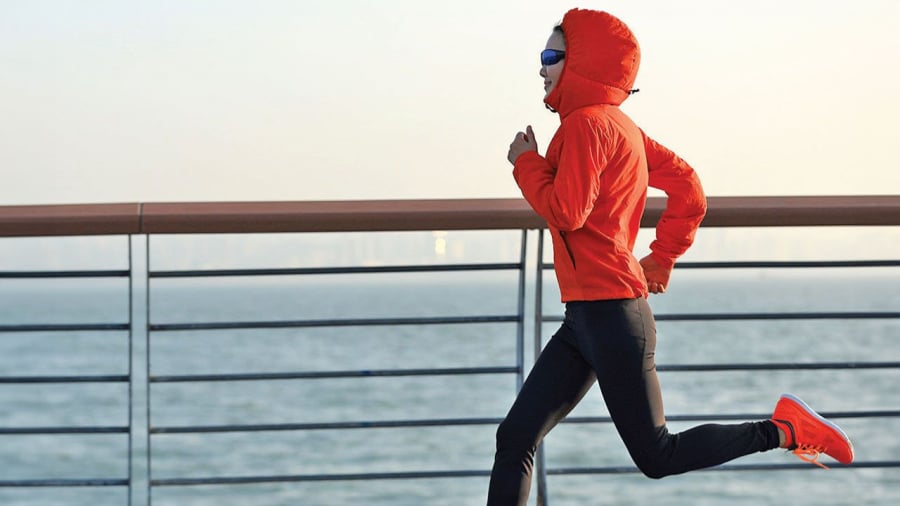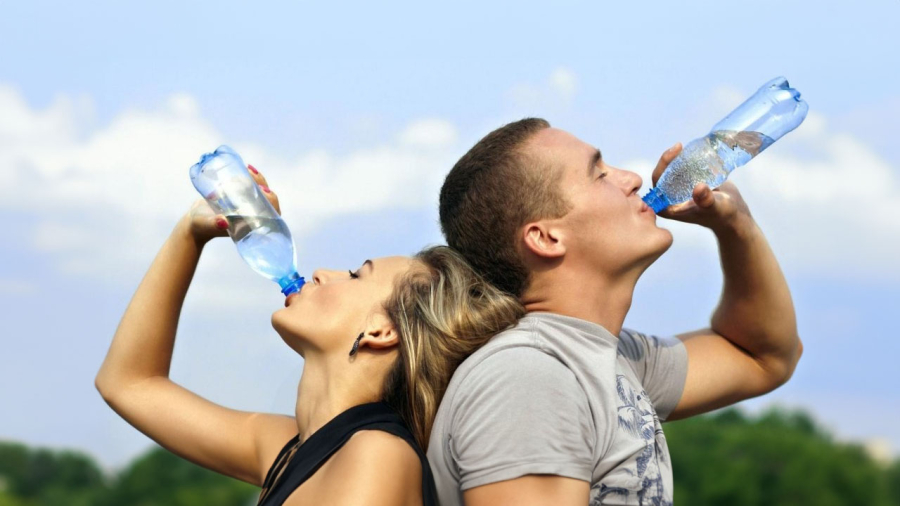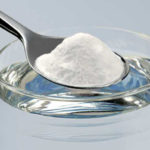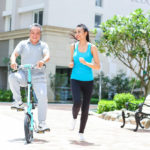As the weather transitions to winter, our biological rhythm changes. Therefore, sports and exercise activities should be adjusted accordingly to avoid any dangerous complications during training.
Delayed workout time in winter, avoiding too early or too late
In winter, especially on extremely cold days, exercising too early can do more harm than good. Winter is a time when the weather cools down and temperature drops. Moreover, if you exercise early in the morning when the trees are still asleep and inhaling oxygen, it is not beneficial for humans. Therefore, exercise when it is completely bright outside and there is no frost anymore; otherwise, you will be affected by both the frost and the lack of oxygen.

Exercising late at night is also not good because the weather becomes colder, and working out late and taking a late shower is not good for health.
Furthermore, winter is a time when the body needs more rest and sleep due to physiological changes. Therefore, in winter, it is advisable to change workout time and avoid early exercise, which can increase the risk of stroke in older people.
Warm up carefully before exercising
Before exercising, warming up is always necessary. This helps our body gradually adapt to movement and increases body temperature gradually. Therefore, before exercising, remember to warm up, and in winter, warming up is even more important. You can perform basic warm-up exercises such as neck rotations, shoulder rotations, wrist rotations, ankle rotations, hip rotations, etc. Performing a thorough warm-up before exercise reduces injuries and accidents during training.

Pay attention to footwear during workouts
When exercising, footwear not only protects your feet from foreign objects on the training ground like nails or stones but also helps you avoid injuries and foot pain during exercise. In winter, with the added cold factor, it is even more important to prepare suitable shoes for training. Older people who are at risk of joint inflammation or back and foot pain need to be even more careful when choosing training shoes.
Breathe correctly during exercise
In winter weather, bacteria and viruses develop strongly, making you more susceptible to respiratory diseases such as sore throat and sinusitis. Therefore, it is necessary to exercise with correct breathing, inhaling deeply into the abdomen and breathing through the nose.
Absolutely do not breathe through the mouth. On days when you have a stuffy nose, it is better to exercise lightly or rest instead of pushing yourself to train.

Stay hydrated
In winter, we often feel less thirsty than in summer. However, the body still needs an adequate amount of water, especially during physical exercise. Therefore, do not wait until you feel thirsty to drink water. Prepare a “hydration goal” to ensure that your body does not become dehydrated. Drink water before, during, and after exercise to replenish water for the body and avoid the risk of dehydration, which can affect exercise performance.
Remember to wear more layers in cold weather
Instead of being careless and wearing summer clothes during workouts, thinking that exercising will make your body warm, you should bring a jacket in case it gets too cold. A sudden decrease in body temperature due to cold weather can make you faint or more susceptible to colds. A piece of advice for workout clothing is to choose cotton-polyester blend fabric to keep warm and provide a comfortable feeling during winter workouts. Clothing made entirely of cotton is difficult to sweat away and retains more moisture in the body.
In addition, when exercising in winter, it is also advisable to exercise with a partner. Avoid exercising too early or too late. On extremely cold days, it is recommended to exercise indoors instead of going outside for workouts.
Unlock 8 Benefits with a Daily 5-Minute Jog
Living a hectic lifestyle can make fitting in time to exercise difficult. However, studies have revealed that even just 5 minutes of jogging a day can lead to positive outcomes for your health, including a decrease in the risk of developing cardiovascular disease, extending your life span by up to 3 years, or even reducing the susceptibility to heart disease.



































